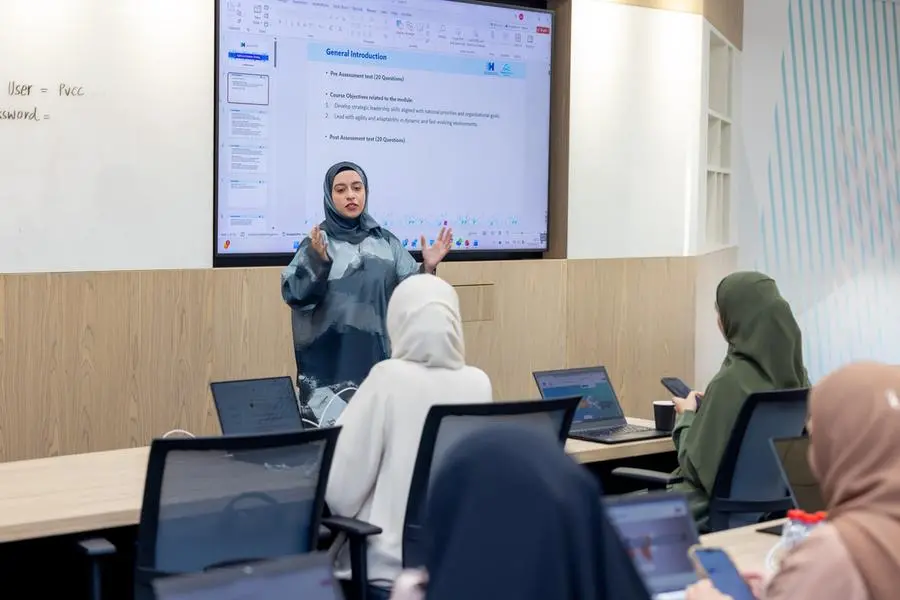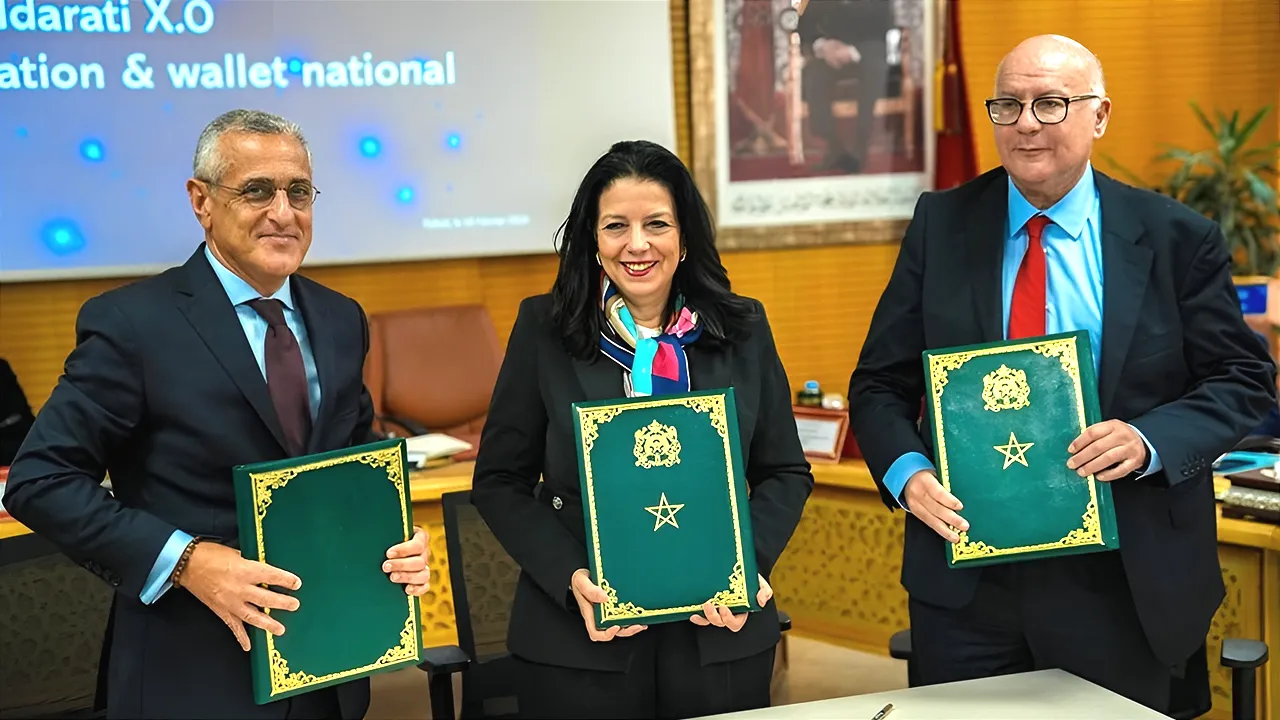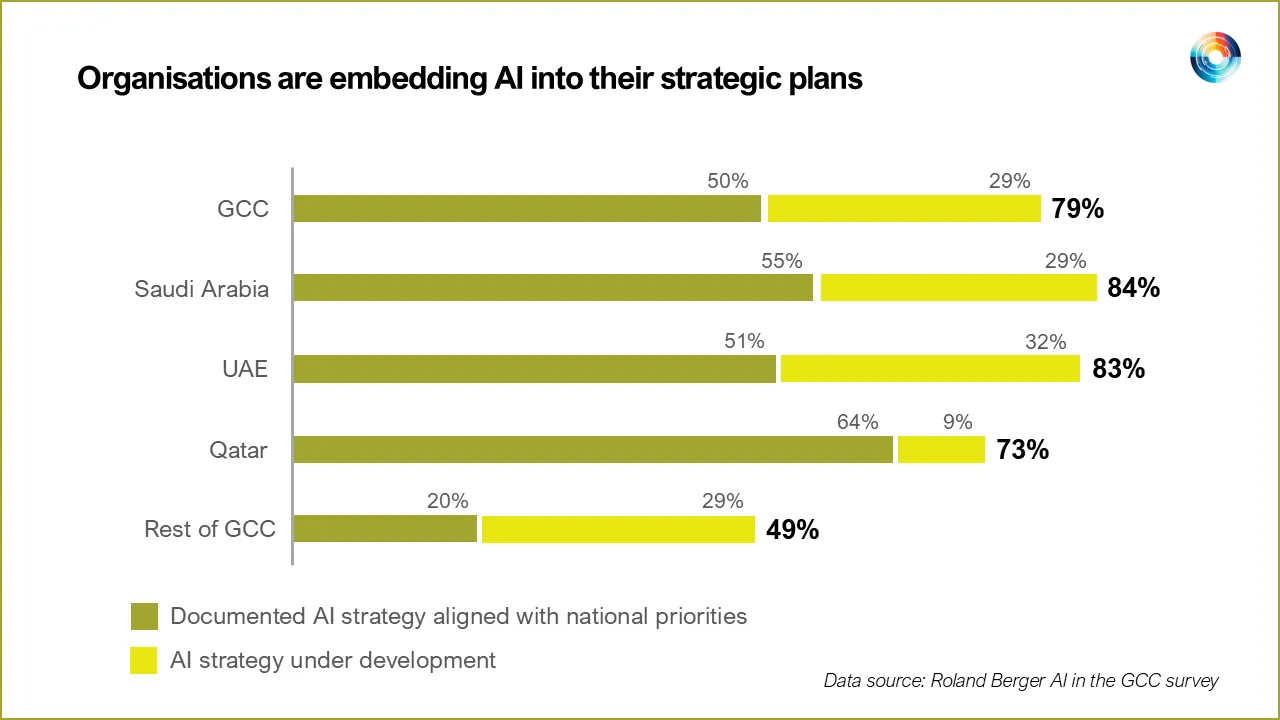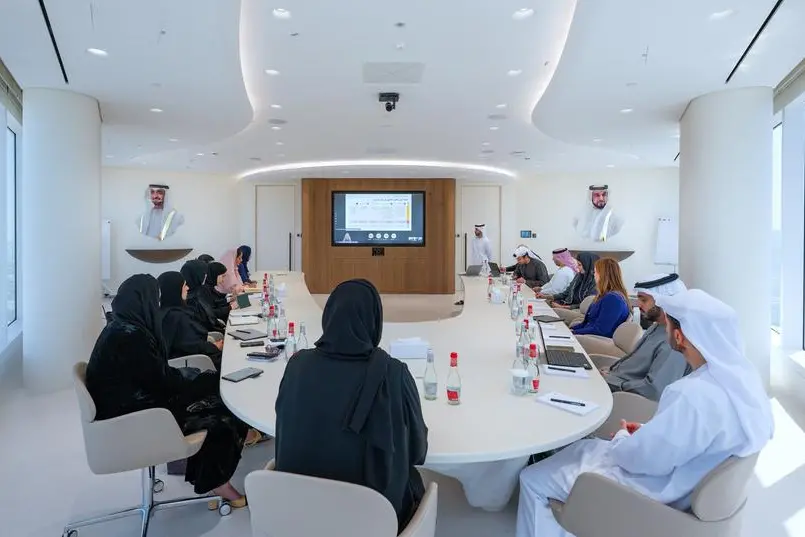Global tech giant Microsoft is assembling a new team dedicated to building artificial intelligence that significantly surpasses human capabilities in specific fields, with an initial focus on revolutionizing medical diagnostics. The new division, named the MAI Superintelligence Team, will be spearheaded by Microsoft’s AI chief, Mustafa Suleyman.
This initiative positions Microsoft alongside other major players like Meta Platforms and Safe Superintelligence Inc., who are also pursuing monumental leaps in AI capabilities. Suleyman confirmed that Microsoft plans to invest heavily in the project, aiming to attract top talent and build upon its existing research foundation with Karen Simonyan appointed as chief scientist.
A “Humanist” Approach to Superintelligence
In a strategic departure from competitors chasing “infinitely capable generalist” AI, Microsoft is adopting what Suleyman describes as a “humanist superintelligence” approach. He expressed skepticism about the ability to control autonomous, self-improving machines, a central concern in the debate around AI safety.
Instead of aiming for a single, all-powerful AI, the MAI Superintelligence Team will focus on developing specialist models designed to solve clearly defined problems with tangible real-world benefits. This strategy is intended to deliver superhuman performance in targeted domains while posing “virtually no existential risk whatsoever.”
“Humanism requires us to always ask the question: does this technology serve human interests?” stated Suleyman, who previously co-founded DeepMind, the AI lab behind the protein-structure prediction model AlphaFold.
Targeting Medical Breakthroughs
The team’s first major target is medical diagnosis, a field where AI has long promised transformative potential. Suleyman announced an ambitious timeline, stating that the company has a “line of sight to medical superintelligence in the next two to three years.”
While acknowledging that the effort will require new breakthroughs in AI reasoning, the potential impact is profound. If successful, Suleyman believes the technology could “increase our life expectancy and give everybody more healthy years, because we’ll be able to detect preventable diseases much earlier.” This echoes the success of specialized models like AlphaFold, which solved a fundamental challenge in biology.
Significance for MENA’s Tech and HealthTech Sectors
Microsoft’s strategic focus on specialized, high-impact AI has significant implications for the MENA region’s rapidly growing tech ecosystem. As Gulf nations like Saudi Arabia and the UAE pour billions into healthcare infrastructure and digital transformation, the development of superhuman diagnostic tools presents a major opportunity for adoption and partnership.
For the burgeoning HealthTech sector across MENA, this move by a global giant validates the immense market potential for AI-driven healthcare solutions. It signals a clear direction for regional startups and VCs, highlighting specialized AI applications as a key area for investment and innovation. Furthermore, the development of such foundational models could create new platforms for local innovators to build upon, tailoring advanced diagnostic tools to meet regional health challenges.
Source: Zawya














